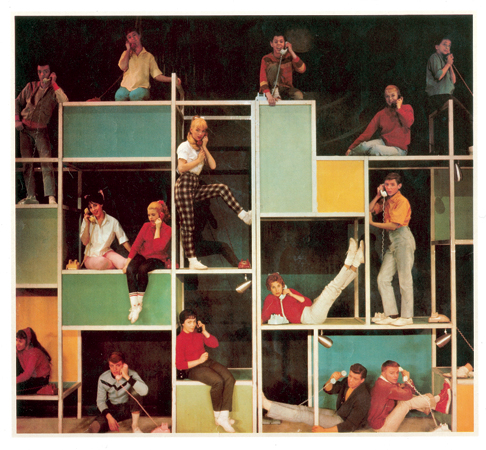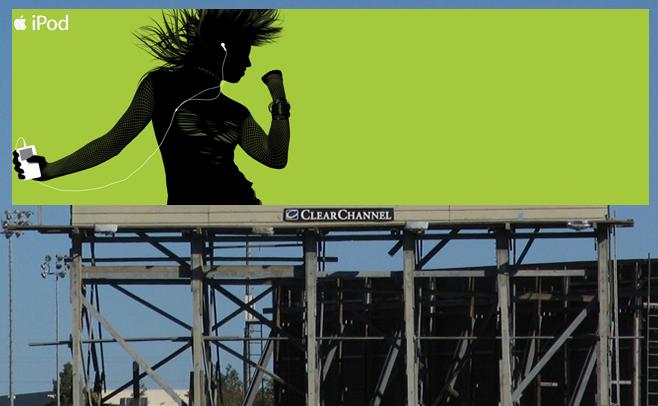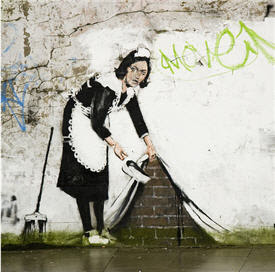
I write, talk, and debate a lot about when as young adult cancer survivors we should reveal our illness to a date. But what happens when we don’t even get to tell someone about our cancer because the grapevine beat us to it?
When I lived in San Francisco, some friends joked that I was The Dancer with Cancer. It was news on the street among my extended social circle, and often I didn’t mind because many people who heard offered me help that I really needed: rides to doctors appointments, help with laundry.
There is a power to being about to decide to whom and when we reveal our illness, especially when it comes to dating. Take Sheila in Everything Changes who was extremely private - not even disclosing cancer to her close friends. On the other hand, Dana, also in my book, was relieved that when she and her husband began dating, he already knew that she had cancer.
In today’s New York Times Well Blog, Tara Parker-Pope interviews Trisha Meili, the Central Park jogger, who 20 years ago today was raped and brutally attached at age 28, resulting in brain injury.
“I met my husband on a blind date in 1995. A woman I had gone to college with knew him. I told her, ‘do me a favor, don’t tell him my history. That’s my story and I want to be able to tell it if I want to.’ In talking to him before we met, I had told him I went to Yale business school and the school of management. He mentioned it to a friend who had also attended Yale. She said, ‘You know who that is, don’t you?’ And she told him. In the end, it didn’t matter, but there was a little bit of that feeling, ‘Hey, that’s my story.’ The media keeping my anonymity is something that I do appreciate. I was known as the Central Park jogger, and when I told my story it was my choice. That was a degree of control that I had completely lost with the attack and the rape. When I’d meet someone it’s not like I would say, ‘Hi, I’m the Central Park jogger.’ It’s kind of a conversation stopper.”
Have you ever had someone find out about your cancer or another illness without you telling them? Were you glad that they already knew, or would you have rather told them yourself? In your circle of friends, among co-workers, in your family, did your cancer news spread like wildfire? Did you have a control valve that let you determine who knew? If you could go back, would you do anything differently about disclosing your cancer?
![]()
![]()


 “Everything Changes is, without doubt, the most forthright, emotionally sophisticated, and plain-old valuable book of its kind I've seen.”
“Everything Changes is, without doubt, the most forthright, emotionally sophisticated, and plain-old valuable book of its kind I've seen.”












